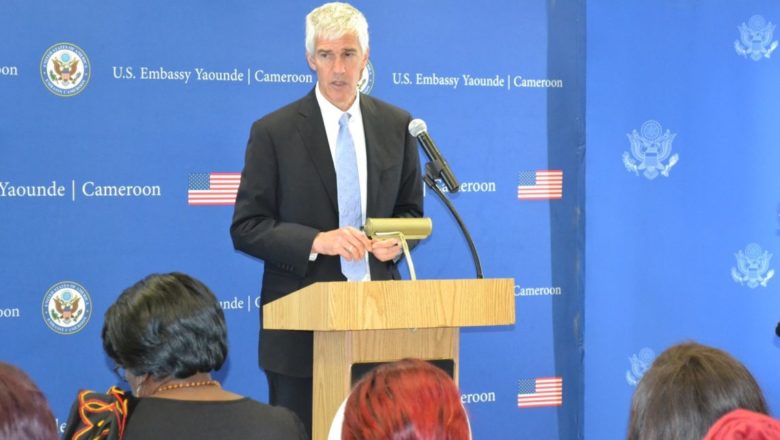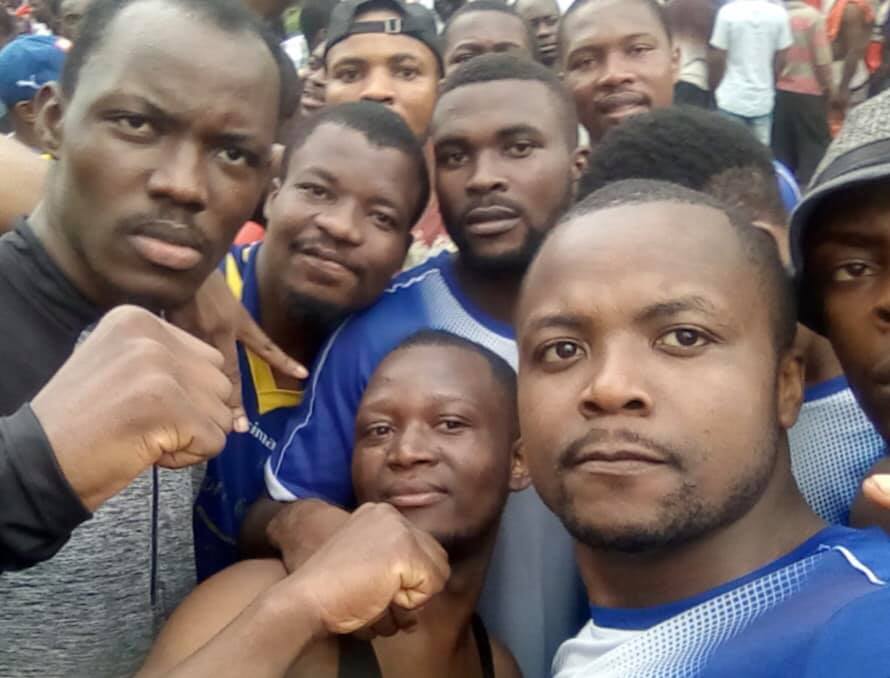Federalism Is No Longer a Solution: Mark Bareta Responds to SDF Chair Joshua Osih’s Remarks
BARETANEWS | APRIL 16, 2025
By Andre Momo
Mark Bareta, a prominent Southern Cameroons activist and founder of BaretaNews, has strongly responded to recent comments made by Joshua Osih, Chair of the Social Democratic Front (SDF), regarding federalism as a potential solution to the ongoing conflict in Cameroon.
In a tweet that quickly gained attention across X (formerly Twitter), Bareta addressed Osih’s points, acknowledging their theoretical validity while firmly rejecting their applicability to the realities on the ground for Southern Cameroonians.
“If I were a Cameroonian, I would agree with your points, which—on the surface and from an evidence-based perspective—seem valid and could potentially offer solutions to the issues in Cameroon,” Bareta wrote.
However, in a clear assertion of his identity as a Southern Cameroonian—not a Cameroonian—Bareta underlined that federalism is a closed chapter in the struggle between La République du Cameroun and the Former British Southern Cameroons, also known as Ambazonia.
“I must clarify that federalism, in any form, will not resolve the ongoing 9-year conflict between La République du Cameroun and Southern Cameroons,” he continued. “That possibility ended long ago—the bridge was burned not in 2016, but as far back as 1992.”
This response comes amid ongoing tensions and military confrontations in the Anglophone regions of Cameroon, where separatist groups have been fighting for independence since 2016. However, the seeds of this crisis were planted decades earlier, with many Ambazonians pointing to 1961—when Southern Cameroons joined French Cameroon in a federation that was later dissolved—as the betrayal that sowed distrust.
Bareta’s reference to 1992 is a poignant reminder of the moment many Southern Cameroonians began to lose faith in the Cameroonian political structure altogether. That year marked a pivotal moment when multiparty democracy was denied its full course, and hopes of true federalism began to evaporate.
Osih, a long-time advocate of federalism, has often promoted a return to federation as a viable path to peace. But for Ambazonian voices like Bareta, such proposals are seen as attempts to silence or dilute the self-determination aspirations of a people who feel colonized and subjugated under a regime that continues to treat them as second-class citizens.
The Bigger Picture
The Southern Cameroons crisis, now entering its ninth year of open conflict, has seen thousands killed, villages razed, and millions displaced. Despite national dialogue attempts and decentralization rhetoric from Yaoundé, many on the ground argue that nothing has fundamentally changed.
Bareta’s statement underscores a growing sentiment among Ambazonians that only total separation from La République du Cameroun can end the suffering and restore dignity to the people of Southern Cameroons.
“Federalism is not a solution—it is a trap. The people have crossed the Rubicon,” said a local community leader in Buea, echoing the activist’s stance.
As Cameroon’s internal political dialogue continues, it is becoming increasingly clear that the gap between what the government and opposition figures like Osih are proposing, and what Ambazonian voices demand, is as wide as ever.
Bareta’s tweet is not just a rebuttal. It is a declaration: the path forward is independence, not reform.





